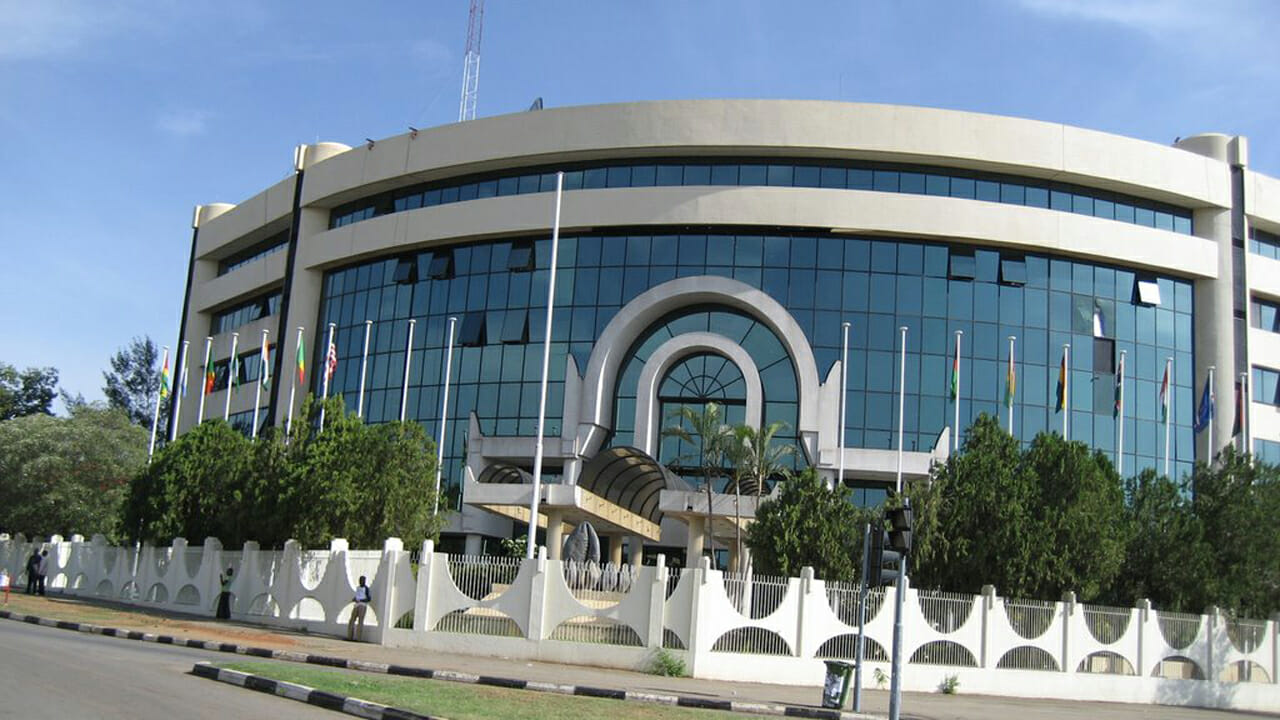Economic Community of West African States (ECOWAS), on Sunday, declared that it will close its borders with Mali and impose sweeping economic sanctions as a response to the delay in holding promised elections which were made by the military after a 2020 coup.
Africa Today News, New York gathered that this was part of the resolution after an extraordinary summit of leaders of the 15-member ECOWAS in Accra, the Ghanaian capital held to discuss a proposal from Mali’s transitional authorities to hold elections in December 2025 instead of next month as originally agreed.
In the communique which was made available to newsmen, ECOWAS revealed that it found the proposed timetable for a transition totally unacceptable.
Read Also: ECOWAS Upholds Guinea Sanctions, Imposes Fresh Ones
It said the timetable ‘simply means that an illegitimate military transition government will take the Malian people hostage.’
ECOWAS said it had agreed to impose additional sanctions on Mali with immediate effect, among them, the closure of members’ land and air borders, suspension of non-essential financial transactions, and the freezing of Malian state assets in ECOWAS central and commercial banks.
Africa Today News, New York had last October reported that the Malian government has declared the Special Representative of the Economic Community of West African States (ECOWAS) ‘persona non grata’ while also giving him 72 hours to leave the country.
A statement issued then by the Malian Ministry of Foreign Affairs and International Cooperation which was obtained by Africa Today News, New York stated that the special representative of ECOWAS in Mali, Hamidou Boly, was invited to the Ministry of Foreign Affairs and International Cooperation and ‘notified of the decision of the government’ declaring him ‘persona non grata in view of his actions incompatible with his status’.
It would be recalled that that ECOWAS President-in-Office John Nana Akuffo-Addo of Ghana made an official visit to Bamako on Oct. 17 to discuss with the Malian authorities the ‘evolution’ of this transition.
AFRICA TODAY NEWS, NEW YORK

